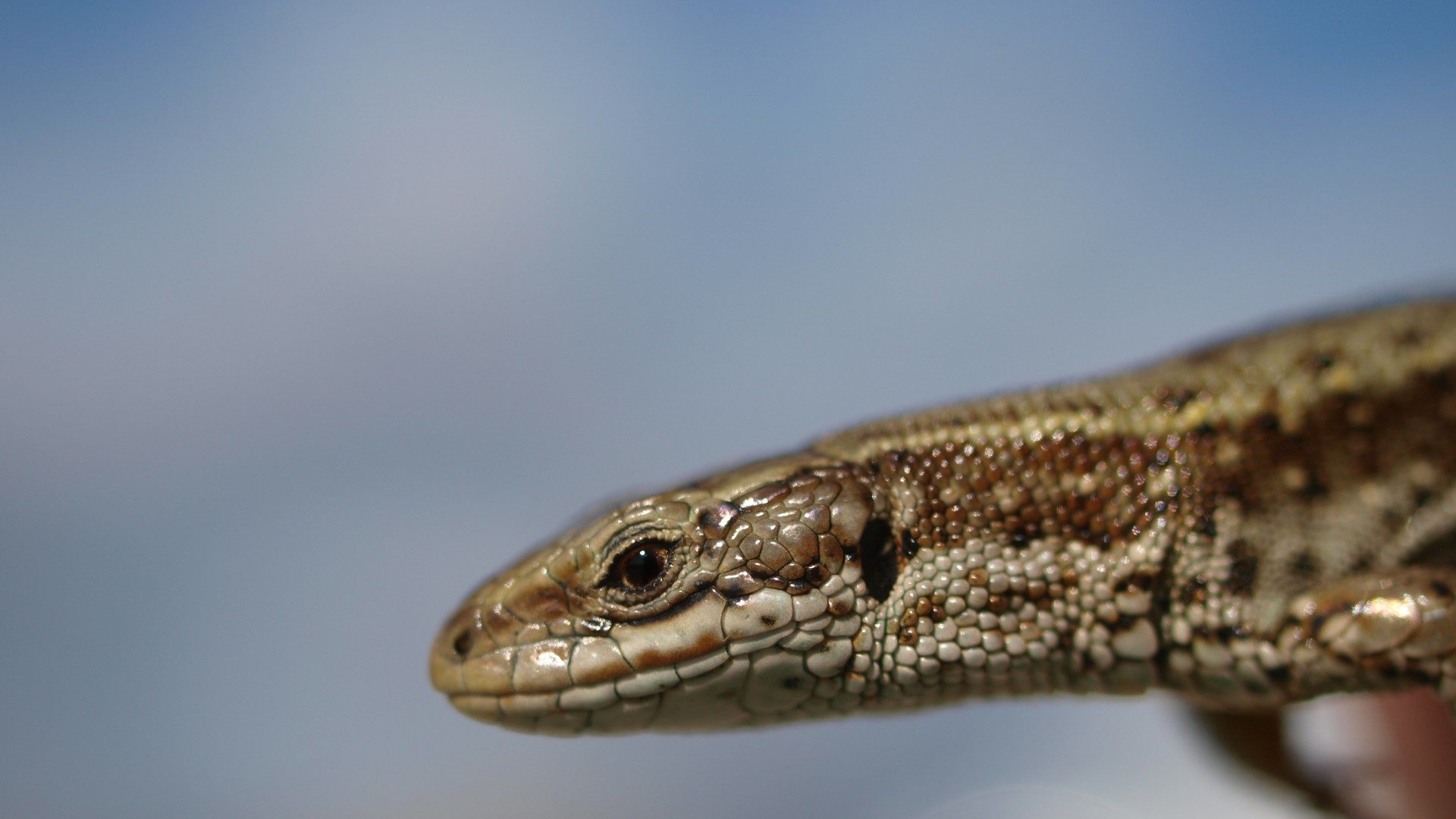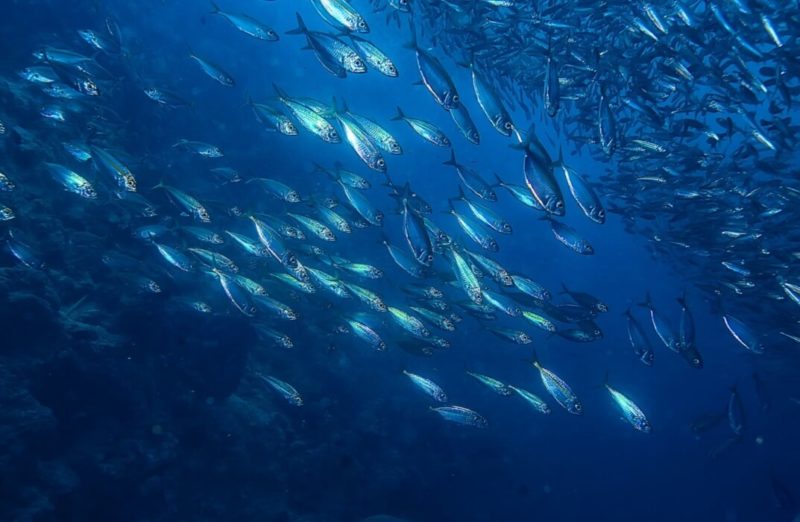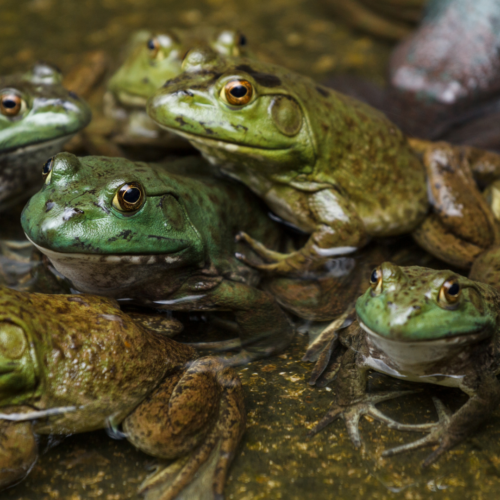I have always been interested in the subject of animal behaviour and find the growing research into the ecological impacts of behaviour and personality an interesting development within the field of ecology. Whilst most of this research focuses heavily on larger mammals, particularly primates, there is behavioural research available on some of the smaller, less charismatic species that we encounter regularly as ecologists in the UK. The common lizard, (Lacerta vivipara) is an example of such a species.
Research has shown that not only do these reptiles have constant social personalities throughout their lives, but that these traits can influence their likelihood of dispersing from their native group and colonising a new area. This means that their personalities could have significant implications on their population structure. In a study carried out in 2007, individuals were found to have either an aversion to high density populations or an attraction to these populations. The researchers believe that this factors into the evolutionary survival of the common lizard species in that it requires individuals to want to disperse from their original group and colonise new areas to populate. Therefore, for this system to function, there must be some individuals with an innate aversion to large populations to seek out new areas to colonise, then individuals with an attraction to low populations that can help to populate these new colonisations, followed finally by individuals who are attracted to high density populations. It was also found that these preferences would also affect whether individuals settled in populations of higher or lower density when released into these populations, providing an interesting insight into why some individuals might disperse even when translocated into ideal habitat conditions.
Whilst animal personalities might not be a factor that immediately influences ecological work, it is interesting to think that the personality of an individual lizard affects wider ecological processes such as dispersal and shows how behavioural research can help to understand complex population dynamics. This type of research also helps to emphasise the importance of an individual within a larger population and why it is so important to try and mitigate against any loss of wildlife during development as even one individual could potentially create a difference in the future survival of a population.
Reference: Cote, J. and Colbert, J. 2007. Social Personalities influence natal dispersal in a lizard. Proceedings of the Royal Society B. 274. Pp.383-390.











